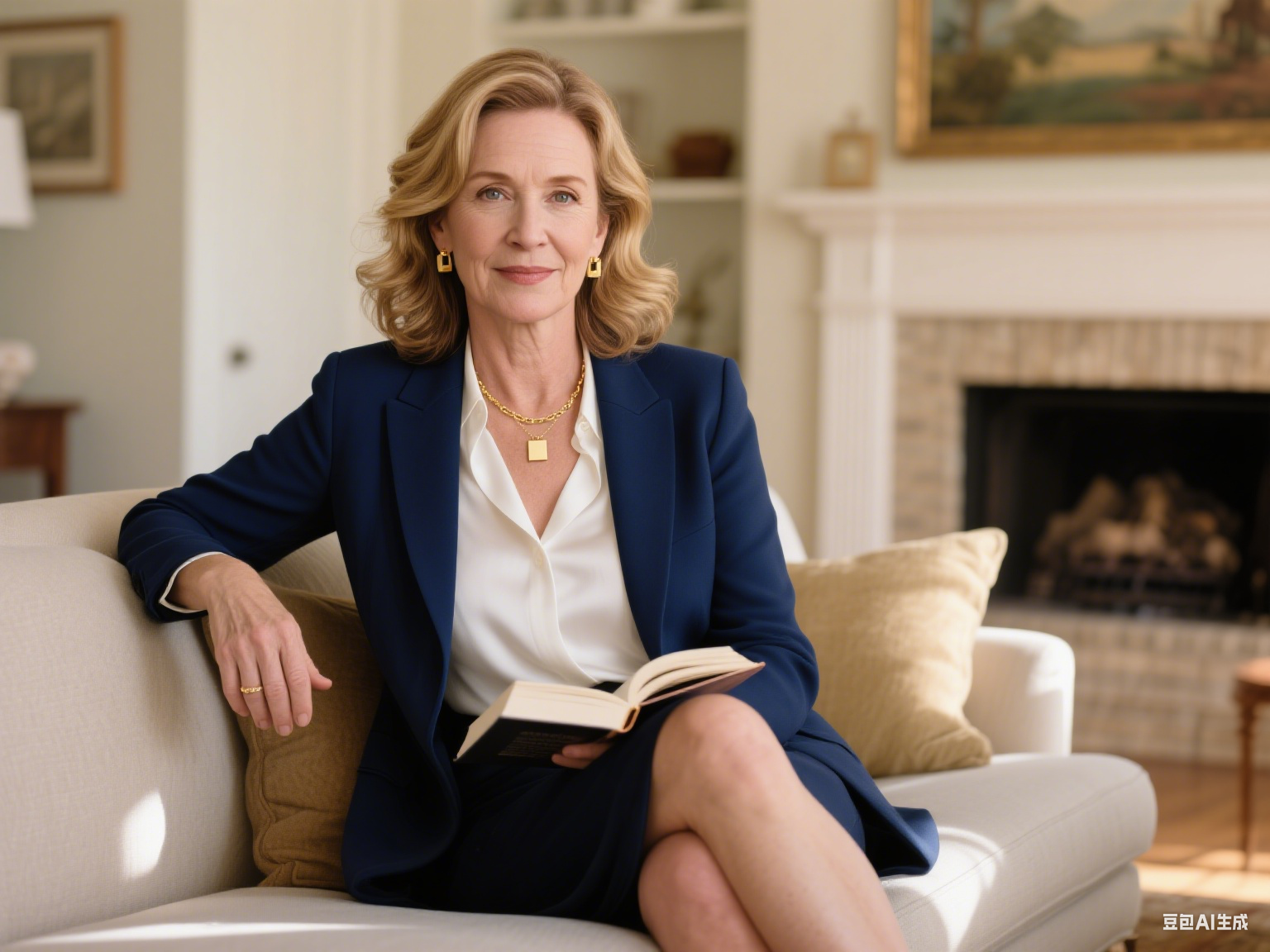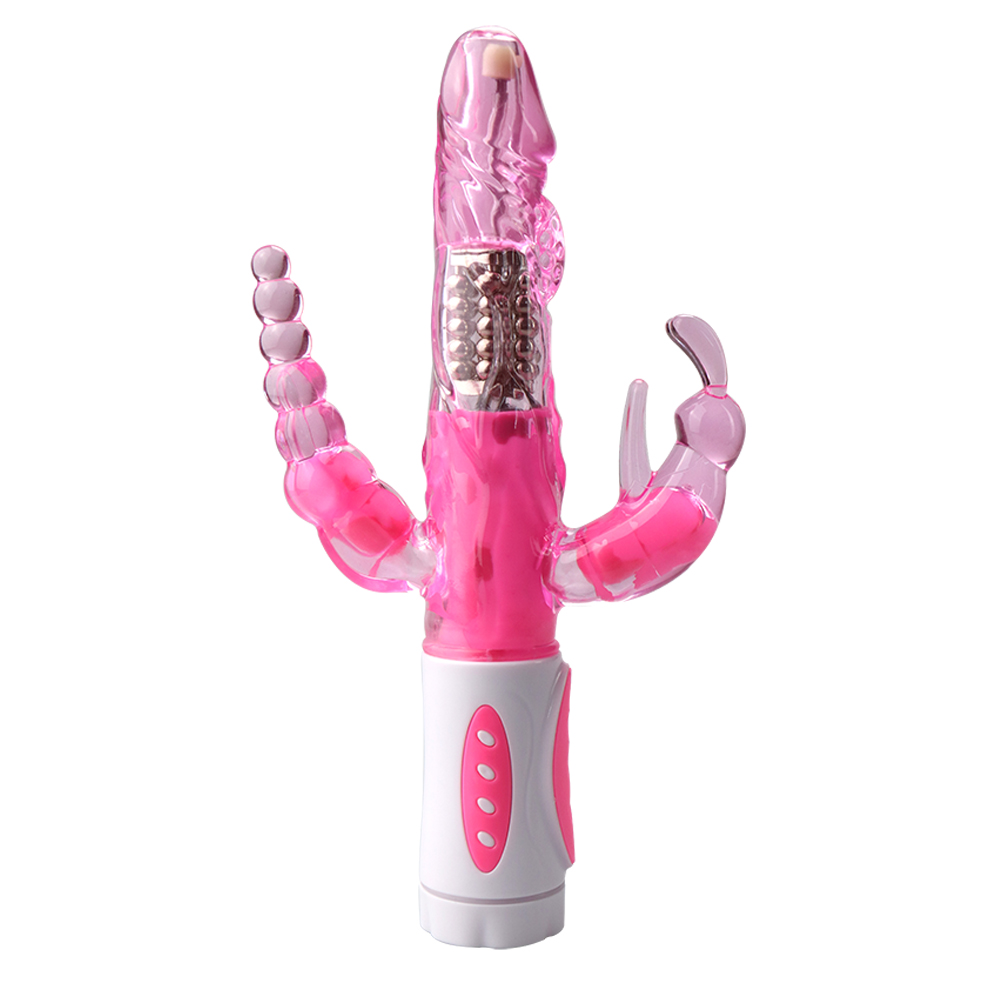The author raises this seemingly absurd question based on a true story. A young mother tragically lost her husband in a car accident, leaving her with an infant daughter; she chose not to remarry and resolved to raise the child alone through sheer determination. After nearly 20 years of arduous toil, her daughter blossomed into a beautiful young woman, while this devoted mother entered middle age. Years of solitary life led her to use adult toys to fulfill her physiological needs. However, during an accidental lapse in secrecy, her daughter stumbled upon her in the act—shocked by the sight of her mother contorted in an unusual posture, inserting a strange object into her body, with an expression of intense pleasure on her face. The daughter reacted with stunned fury, denouncing her mother as a disgraceful woman. From that day, she grew cold and distant, proving that familial bonds become worthless when overshadowed by prejudice.
This is a heartrendingly true tale. The innocent mother's plight is deeply regrettable. Even today, society remains entrenched in conservatism and bias toward sexuality, struggling to extend understanding or tolerance even to loved ones. This prejudice not only wounds individuals like the mother but also fractures family harmony. We must reflect: sexual desire is a fundamental human need and should never be stigmatized; understanding and respecting personal privacy form the bedrock of harmonious social relationships.
The roots of modern societal bias against sex lie in interwoven cultural, psychological, and social structural factors. Sex is often equated with "filth" or "shame," particularly in traditional contexts where open discussion is taboo—causing individuals to experience intense self-denial and anxiety when expressing natural desires. For middle-aged and elderly women (e.g., over 50), their sexual needs are frequently ignored or mocked, with their emotional choices misconstrued as familial betrayal, disregarding personal complexity. In conservative communities, individuals suppress their true feelings out of fear of exclusion, perpetuating a spiral of silence.
Why do humans need sex? Sexual desire stems from biological evolution, physiological mechanisms, psychological needs, and social functions combined. Sexual activity enables reproduction through sperm-egg fusion, ensuring species survival, with genetic recombination advantages (enhancing adaptability) cementing this need in human evolution. It triggers the brain to release endorphins and dopamine—"happy hormones"—that effectively alleviate anxiety and depression while improving sleep quality; prolonged suppression may lead to emotional disorders or reproductive pathologies, reflecting real physiological laws.
Thus, we must rise and declare: outdated notions are wrong! Sexual desire is an equal physiological right akin to eating or sleeping—unrelated to morality—and certainly not a moral shackle for women, especially the middle-aged and elderly. Society must embrace sex as an intrinsic human trait, not a moral benchmark, to foster equitable spaces for diverse groups.
For middle-aged and elderly women, here are practical recommendations:
- Sexual desire persists with age: Healthy individuals with libido or dysfunctions (e.g., vaginal dryness, arousal difficulties) can benefit from adult toys for pleasure, stress relief, and better sleep.
- Specific groups: Those in menopause, postpartum recovery, or long-term solitude may find toys help overcome hormonal barriers and loneliness.
- Hygiene essentials: Clean toys before and after use with specialized disinfectant, store in dry, ventilated areas to prevent infections like vaginitis or urethritis.
- Safety precautions: Never share toys to avoid cross-infection or disease; limit use to 2–3 times weekly to prevent reduced sensitivity or pelvic muscle fatigue.
- Contraindications: Pause during menstruation, gynecological inflammation, or cardiovascular issues to avoid exacerbating health risks.
We wish every woman health and joy in life.







